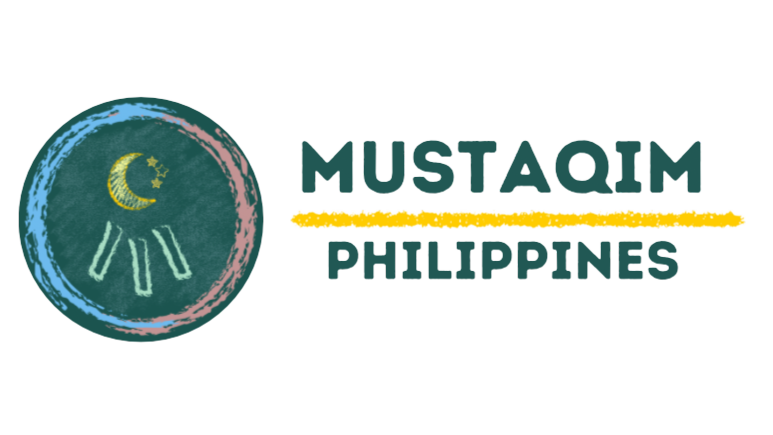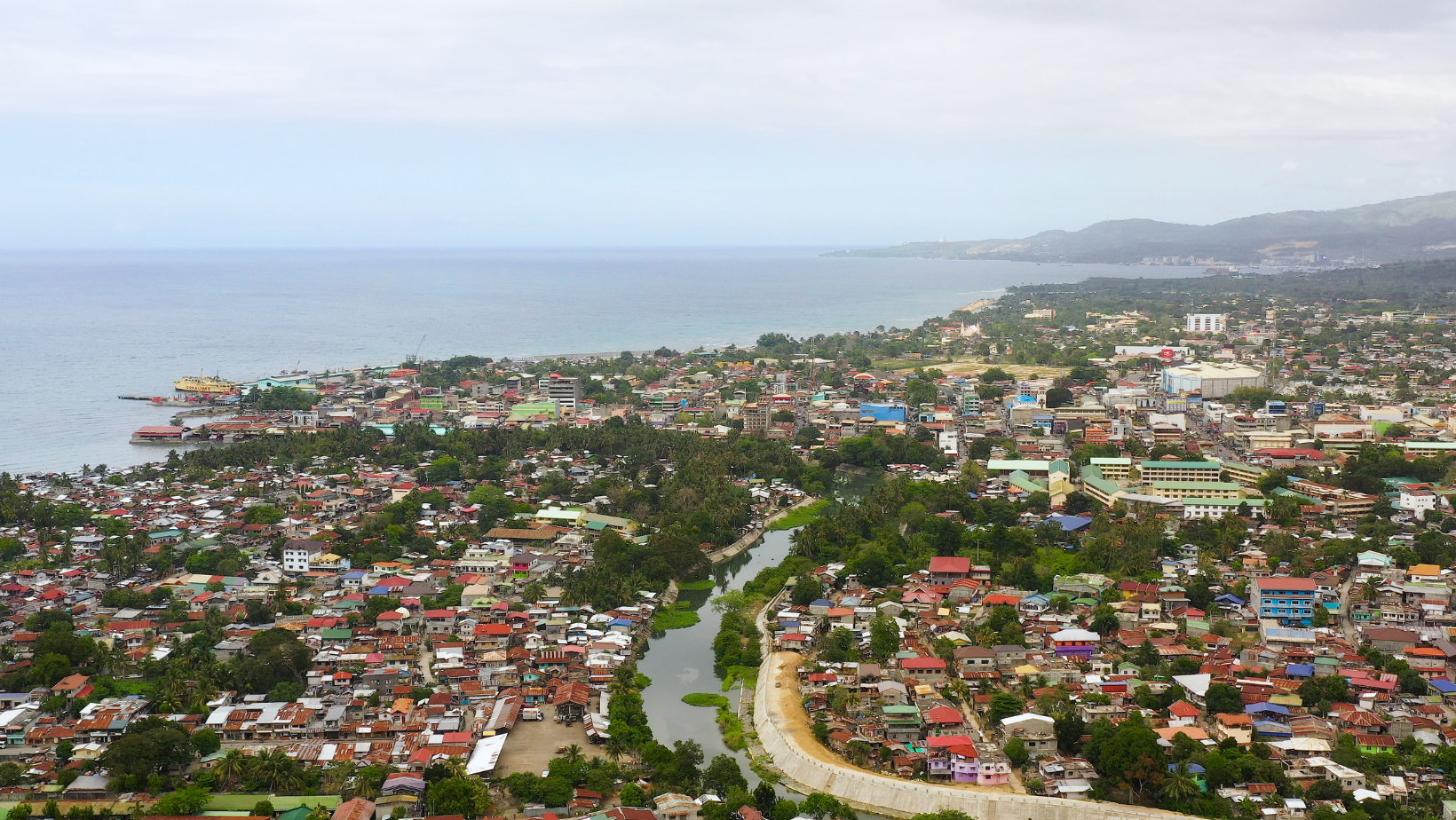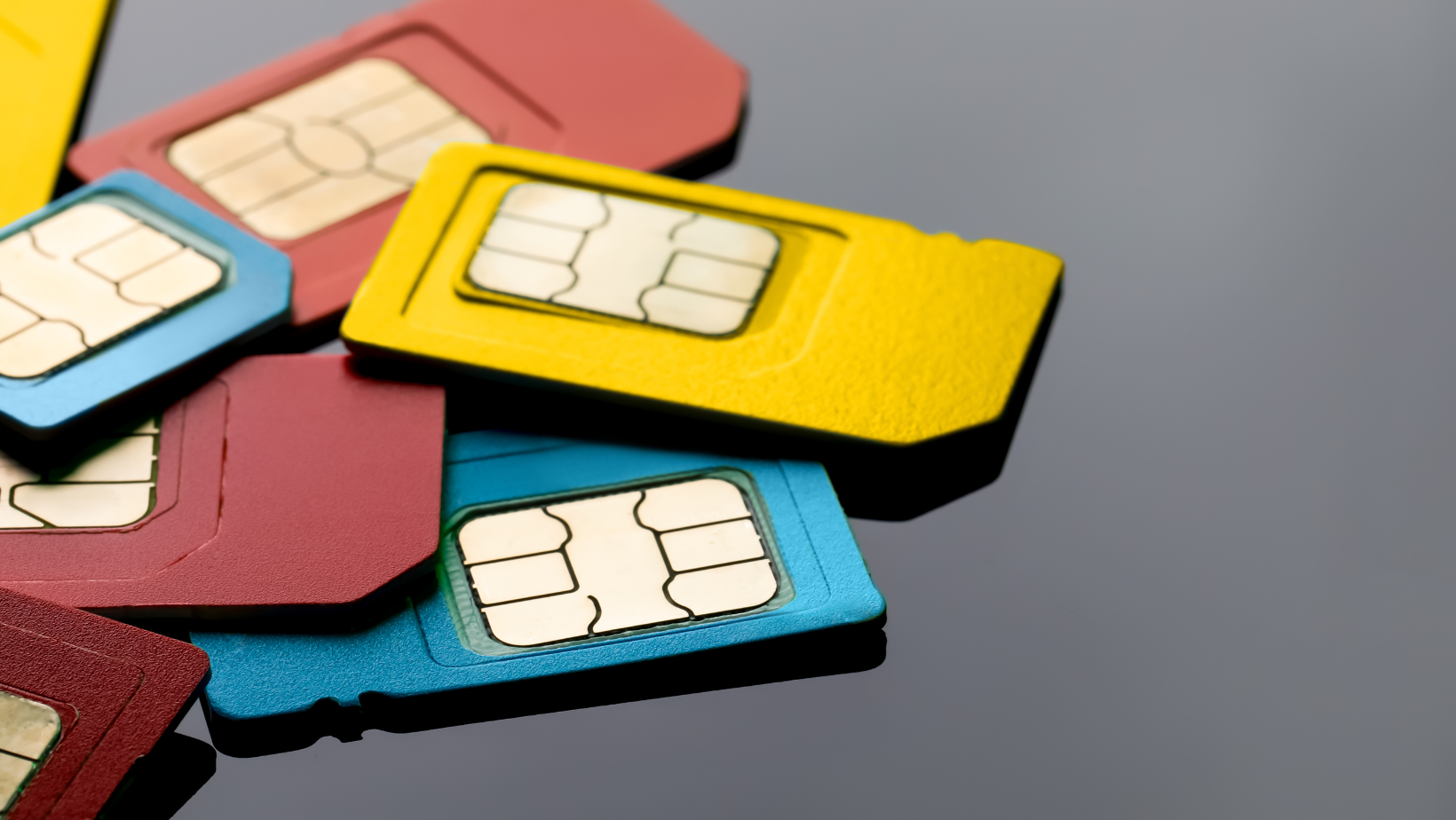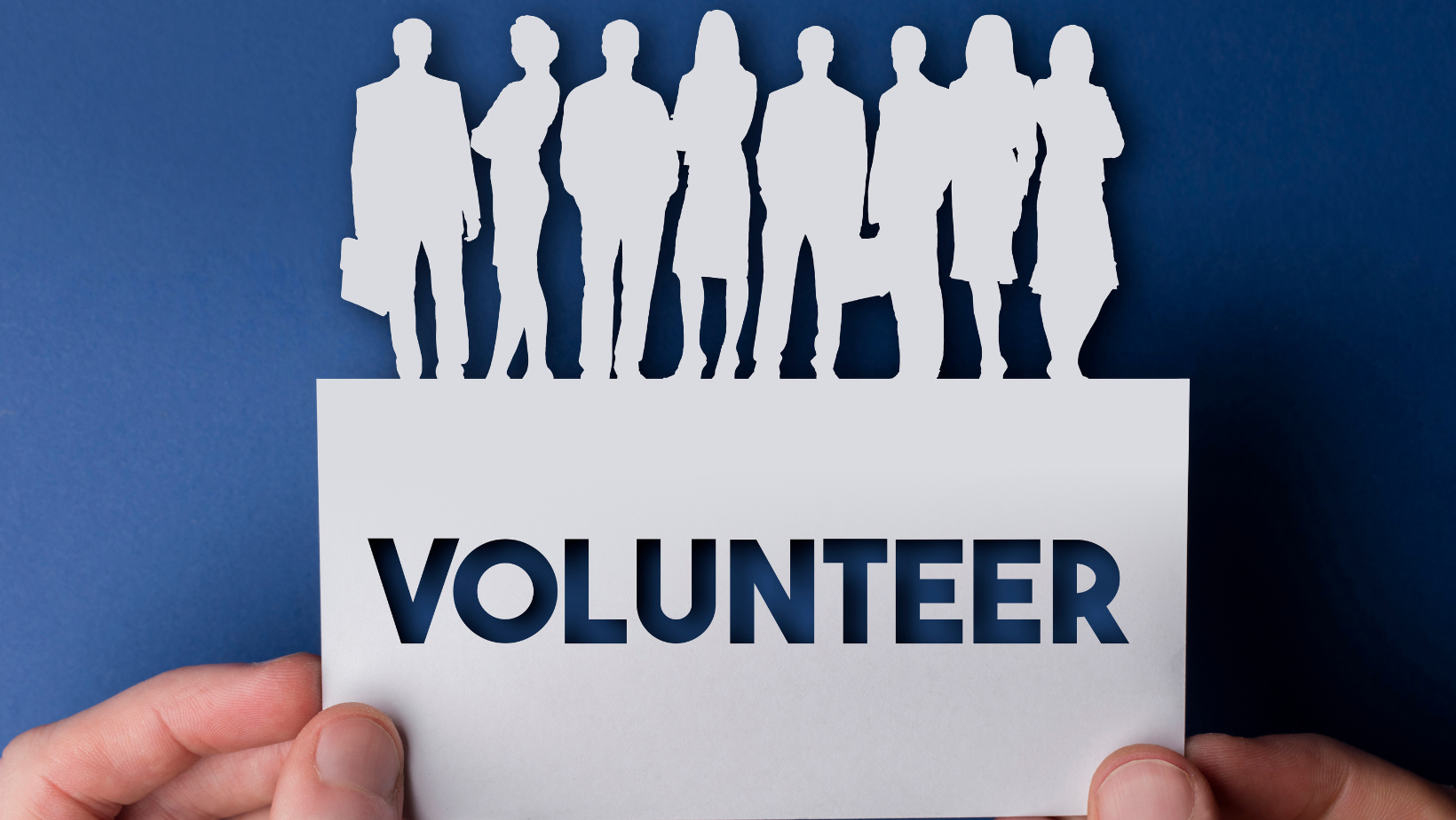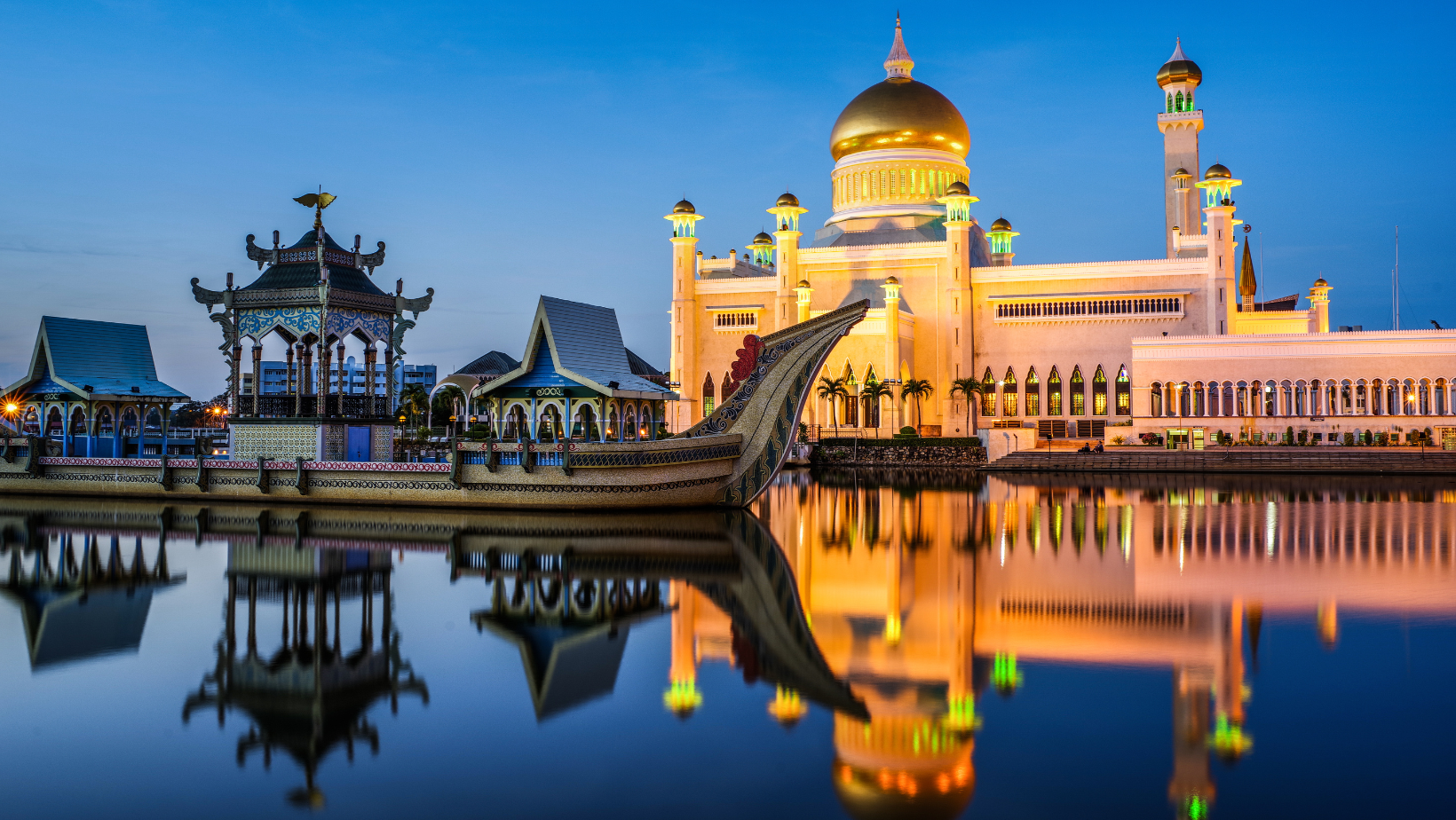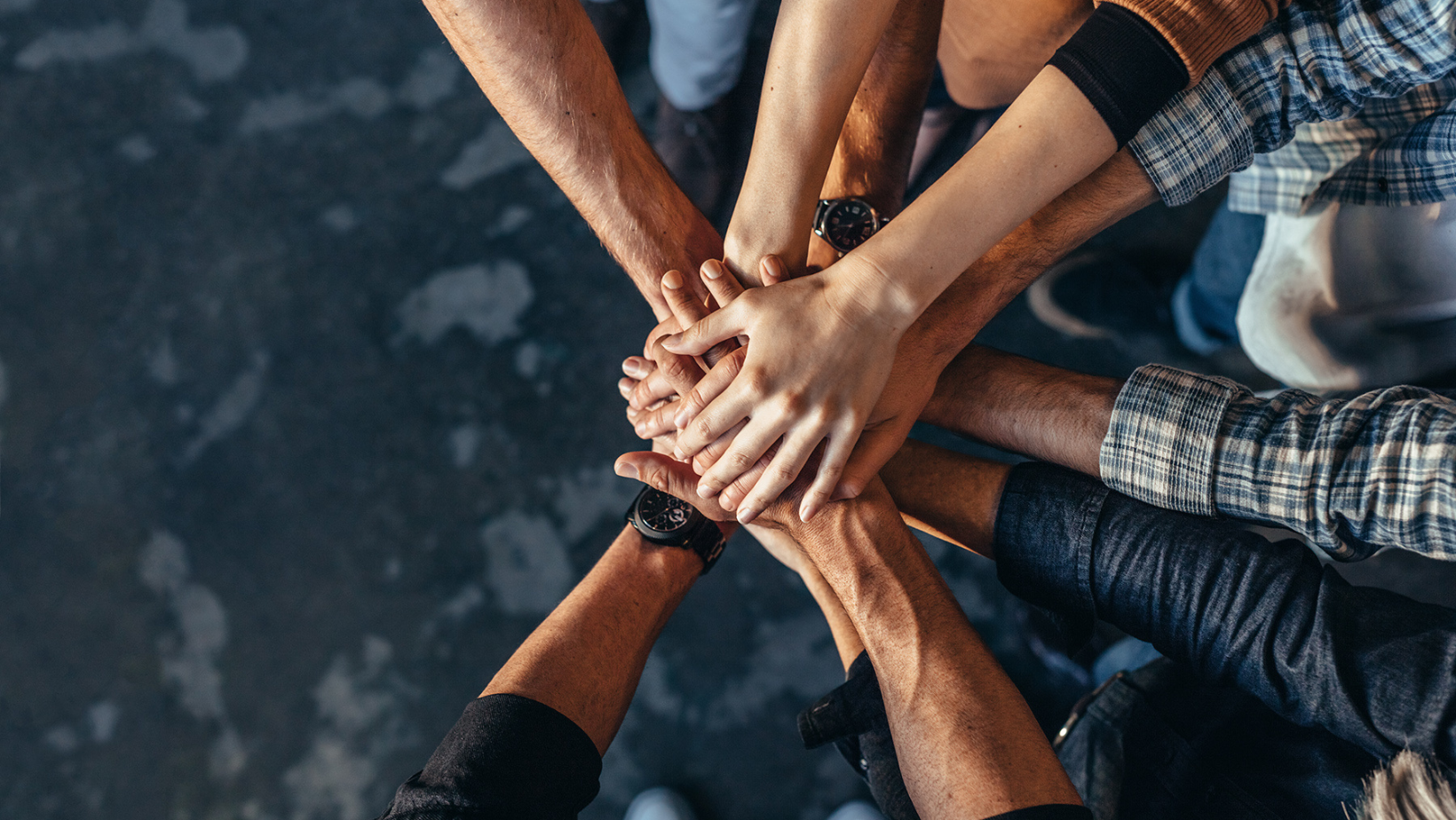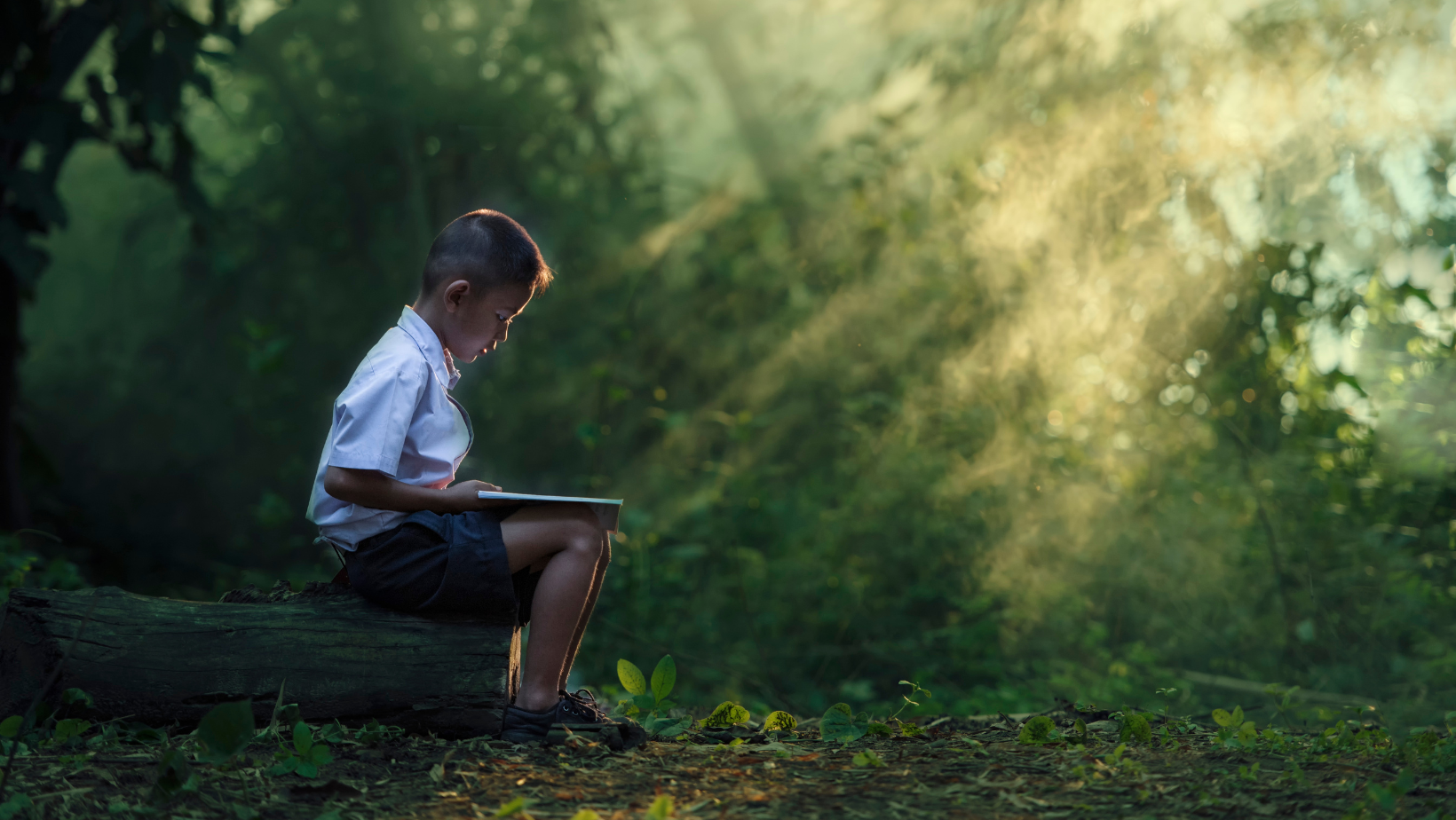LAW, JUSTICE AND PEACE IN MINDANAO
During the Project Steering Committee meeting of the Support to Bangsamoro Transition (SUBATRA) held in Cotabato City, Presidential Peace Adviser and Defense Secretary Carlito G. Galver, Jr. commended the Committee for its accomplishments since it started operation in 2021, in the institutionalization of best governance practices in the Bangsamoro Autonomous Region in Muslim Mindanao (BARMM). The SUBATRA is a project duly supported by the European Union (EU). On the same occasion, Sec. Galvez was also lauded by the BARMM Interim Chief Minister Ahod Balawag Ebrahim for his steadfast support to maintaining peace in the region and for once again leading the peace process.
Among the items discussed in the said Project meeting was the proposal for the development of the BARMM’s justice system consistent with the Sharia Law, which lays down governing principles for spiritual, mental and physical behavior that must be followed by Muslims. Sec. Galvez believes that the SUBATRA’s support will be instrumental to this endeavor. He likewise recalled that the Supreme Court, and Chief Justice Alexander G. Gesmundo have committed to help spear the culture of peace in Mindanao by strengthening the rule of law. Sec. Galvez even remembered the exact words of the Chief Justice -
“Without peace, there will be no development. But we should also agree that there is no peace if there is no rule of law and justice.”
The national government intends to enhance Executive Order 570: Institutionalizing Peace Education in basic Education and Teacher Education through the Office of the Presidential Adviser on Peace, Reconciliation and Unity (OPAPRU) by requiring universities across the country to set up peace centers. Sec. Galvez said that education plays a vital role in countering violent extremism.
These efforts are also in line with the UNESCO efforts of preventing and countering violent extremism by strengthening the capacities of education systems thereby effectively contributing tonationalpreventionefforts. Suchmaybedonebyequippinglearnerswithknowledge,values and behaviors fostering responsible citizenship, critical thinking, empathy and ability to take action against violent extremism.
References: Peace.gov.ph website UNESCO website
Reciprocal Radicalization
We are all familiar with the concept of “Golden Rule,” which can be heard or found in sacred texts of different religions or beliefs in the world. Each religion has distinct phrases which can be associated with the famous “Do not do unto others what you don’t want others to do unto you.” This only means that golden rule is shared and practiced worldwide, which is a great indicator of common grounds for peace and love of others.
Religious leaders see golden rule as a form of “good reciprocity,” showing maximum tolerance and love for one another and often given to those who are not privileged. Given this good reciprocity, there is an opposite term that became popular in the academe and the security sector - the “reciprocal radicalization.”
According to the website of Centre for Research and Evidence on Security Threats (CREST), reciprocal radicalization or cumulative extremism is the concept that the extremist group might cause or trigger someone’s actions, including violence. Also, according to them, “The extremist groups became more extreme in response to one another’s activities.” In other terms, when a terrorist spreads fear, the citizen may react in return, similar to fear in a worst form. When the terrorists kill, the civilians may raise arms or wage war against them, reciprocating what they’ve done. This is like Hammurabi’s Code of “An eye for an eye and a tooth for a tooth,” a similar principle of reciprocity for justice.
This concept became known during the series of riots in Northern England in 2001 which was ethnically-motivated between far-right movement (white supremacists) and Asians. The Asians involved trying to protect themselves by peacefully protesting in the street to call the action of the authority from harm against far-right movement violence. In relation to this, the concept materialized after the formation of the English Defense League to counter Islamic extremism, which later on targeted Islam and Muslim.
Up to now, the concept of reciprocal radicalization became evident; the double standard faced by the Muslims in public; the rise of Islamophobia in response to 9/11 Attack and series of Daesh and other terrorist atrocities; and the rise of far-right group movements such as Neo-Nazi and fascist-related groups, and racism which are considered as future threats by security sector. This also might be the reason why others quickly judge and labeled the people who wear hijab as a suicide bomber. The other people also misinterpret the real meaning of jihad because of its wrong interpretation and application in real life. The propaganda used by terrorist groups is also an example. They tweaked religious text to justify their evil deeds in response to the people they say who “allegedly” opposed Islam or an “enemy of Allah.” The concept of “rido” or clan feuds known for its retaliatory violence against each other is a never-ending issue which might be attributed to reciprocal radicalization. Even the struggle between Christians and Muslims can be traced to reciprocal radicalization when both groups defended themselves against each other’s activities way back in our history.
The reciprocal radicalization is an issue not new to our era, although the concept happened a few years ago, it is gradually evolving and noticeable in our environment. Given that there is evidence and research supporting the concept, this might be included in the national action plan of the government to address this and cut the root cause of the problems related to extremism. The concept also became an eye opener to us that violence will lead only to another violence. If we live by the sword, we will also die by the sword. The only thing to cure this and the best solution is kindness and respect to one another. If we will learn how to forgive, if we will learn how to love and show goodwill to one another, and if we will truly walk the path of our faith, for the sake of the religion in which we believed in, we will see the true meaning reciprocity, and that is showing love to one another in return.
SIM Card Registration to Combat the threat of Violent Extremism
The Philippines has been facing the threat of terrorism for many years, with various extremist groups operating within its borders. In an effort to combat this threat, the government has implemented various measures, including the implementation of SIM card registration.
SIM card registration is a process where individuals are required to provide their personal information and identification documents, such as a government-issued ID or passport, when purchasing a SIM card. This information is then verified by the mobile network operator and stored in a database. The main purpose of this process is to ensure that the individuals using mobile devices are properly identified and can be traced if necessary. This is especially important in cases of terrorism, as it allows authorities to track and locate individuals who may be planning or carrying out terrorist activities.
The SIM card registration process is relatively simple. When purchasing a SIM card, individuals must provide their personal information, such as their name, address, and ID number, as well as a copy of their government-issued ID or passport. This information is then verified by the mobile network operator and stored in a database. Once the information is verified, the SIM card is activated, and the individual can start using it.
One of the benefits of SIM card registration is that it allows authorities to track and locate individuals who may be involved in terrorist activities. For example, if a terrorist group uses a mobile phone to communicate with its members, the authorities can use the information provided during SIM card registration to trace the phone's location and identify the individuals who are using it. This can help authorities to prevent terrorist attacks and apprehend those involved.
Additionally, SIM card registration can also help to prevent the use of mobile phones for other forms of criminal activity. For example, criminals may use mobile phones to coordinate criminal activities or to evade capture. By requiring individuals to provide their personal information when purchasing a SIM card, authorities can more easily track and locate individuals who may be involved in such activities.
However, this process is not without its challenges. Some individuals may be hesitant to provide their personal information, while others may not have the necessary identification documents. Additionally, there have been concerns about the security of the information stored in the database, as well as potential misuse of the information by authorities.
To address these concerns, the government has implemented strict security measures to protect the information stored in the database. Additionally, the government has also put in place regulations to ensure that the information is only used for legitimate law enforcement purposes.
In conclusion, SIM card registration is an important measure implemented by the Philippine government to curb down terrorism and other forms of criminal activity. It is a way for authorities to ensure that individuals using mobile devices are properly identified and can be traced if necessary. While there may be some challenges and concerns associated with the process, it is considered to be an important measure in the fight against terrorism in the Philippines. It is a precautionary measure for the security of the public and nation.
A Generous Mindset
Steve Goodier, an ordained United Methodist minister and author of numerous books on personal development, motivation, inspiration and making life changes once said that “Money is not the only commodity that is fun to give. We can give time, we can give our expertise, we can give our love or simply give a smile. What does that cost? The point is, none of us can ever run out of something worthwhile to give.”
If we are to be mindful of our day to day lives, it may surprise us that some, if not most, of the wonderful memories that give us satisfaction and joy are those related to the times we were able to share and give, in whatever form it may be.
Talking about giving, we may often relate it to presents and gifts. But if we are to really get into the core of the act of giving, it is relative to doing the same without any expectation of getting something in return. Generosity as defined by Cambridge Dictionary is the willingness to give help or support especially more than is usual or expected. But how do we form a generous mindset if we are just human beings, at certain points in our lives, expect to be gratified in return, in the same form or even more valuable than what we were able to give. Developing a way of thinking begins with one’s intent. We need to give from the heart, without ulterior motives.
Awareness of the act of giving follows, knowing and believing that generosity makes us better individuals who are compassionate, empathetic and with a stronger sense of community. A generous mindset should also be sensitive to the needs of others and desire to be of help to others. To develop such a mindset, it is also essential that we are appreciative for whatever it is that we have as this can be translated into the ability to more likely share the same things and experiences with others with the goal of helping them appreciate life as well.
In summary, a generous mindset begins with the individual who is generous to himself/herself.
Being generous and practicing the act of giving is not at all that hard, we have numerous things to share and give, if only we are aware of it - our talents, a helping hand, a good advice, encouragement, recognition, the list definitely goes on. Just like what the late UK Prime Minister once said, “We make a living by what we get. We make a life by what we give.”
Volunteering - An Act of Giving
Selflessness in its truest sense is the core of volunteerism. Time, energy and skills are oftentimes the most essential elements given by a volunteer. The latter refers to a person who willfully donates his/her time to help promote a good cause.
Giving oneself for the benefit of others has a strong normative and moral basis in many cultures around the world. Giving is a universal language innate in individuals, fostering humanity and mutual aid. Volunteerism has its benefits for community development, social cohesion and nation building.
Over time, local and international movements have been instituted and mobilized to ignite volunteerism, especially within the youth. There are several ways by which volunteering can be done, one is through Community-based volunteering. These are often programs which could either be formal or informal, done locally and are characterized by care and support for people living in similar circumstances within the community. Another type is International volunteering, which entails a rather bigger movement, wherein communication and action flows between people and countries. Volunteering can also be a Professional one, involving skilled individuals more often associated with a company’s corporate social responsibility (CSR) efforts.
Professional volunteers can either be in the active or retired service.
The benefits of volunteering are said to be enormous and significant, more for the volunteer than the actual recipients. Mental and physical health issues as prevalent as the spread of Covid-19, can actually be addressed by volunteering in worthwhile causes, most of which need not require physical presence nowadays but by virtual means. It provides individuals with an avenue to be valuable contributors to the community and help as well to redirect their thoughts and for some to keep themselves busy and distracted.
We have witnessed the noble stories of men and women who have dedicated their lives in the service of other people, those who volunteered to help at the height of the pandemic in the simplest ways, pulling their limited resources, cooked meals, packed relief goods, went house to house to distribute the same.
Volunteering makes a difference and creates a positive impact on one's life.
Gift-Giving and Its Health Benefits
Whether it’s donating to charity, volunteering for social activities, giving gifts or just helping out, it’s nice to know that selfless acts may be good for one’s health.
Giving may help one live a happier and healthier life and here are the reasons why:
1.Giving makes one happier
Based on studies, people who give have higher rates of self-reported happiness and have lower chance of depression.
2.Giving helps one live longer
“Being involved in giving activities seems to give people a longer life,” says Stephen Post, a professor of preventive medicine at Stony Brook University in New York.
3.Giving makes one feel great
Any kind of giving will increase one’s wellness. Whether one is formally engaged in voluntary work or just actively gives in a relationship, it doesn’t make a difference as the satisfaction will be the same.
4.Giving protects one from Heart Disease
Studies show that those who actively participate in volunteerism have lower rates of heart disease.
5.Giving helps protect one from addiction
“Giving is really important to the recovery process,” says Post. He cites Alcoholics Anonymous as an example of how giving can help people overcome addictive behaviour. “People who fulfill the twelfth step of the program, which is to help other people with alcoholism, have about a 40 percent recovery rate after a year. People who don’t do that have about a 22 percent recovery rate,” he explains.
Source: https://www.healthyoptions.com.ph/newsdigest/light-up-your-christmas/gift-giving-is-good-for-your-health
Sustainable Gift-Giving
People want to do better as climate change and sustainability awareness are on the rise. Harm reduction may be a good thing to adopt as 100% elimination of harm from what we consume may be impossible.
Special occasions usually entail gift giving. As givers, we can show the recipient/s that we care by also being mindful of the sustainability of the things we give. This shows that not only do we care about the receiver, but also care about the environment.
These are the top 3 things that we must consider in giving sustained gifts:
- Quality and Personality
Although it’s tempting to give something unique or creative to avoid being boring, we must also consider if the receiver will be able to fully utilise the gift. Rather than giving something unique which will just eventually turn into waste, it’s better to go for a high quality product which can be used for a longer time.
- Small & Local or Big & Certified
If you can find what you are looking for in small & local companies, then might as well go for it. Not only are you helping these small businesses, but you are also boosting the local economy plus it will save you from shipping costs. Although big & certified companies may be a “go-to” place, it’s still best to research and check the best option. Remember, sustainability is not only about the environment, it’s about people too.
- Wrap Smart
Rather than just buying regular wrapping papers, you may opt to reuse papers, newspapers, paper bags and other stuff which may be a creative alternative in wrapping gifts. You may also use cloth or bags as this will also allow the receiver to reuse as well which prolongs the lifecycle.
These may be just little things that we can do to support sustainability but this can be our fair share in creating a potential demand for better and more sustainable products.
Source: https://greennetwork.asia/news/three-tips-for-a-more-sustainable-gift-giving/
Brunei Commits to Supporting the Mindanao Peace Process
During the sidelines of the 40th and 41st ASEAN Summit and Related Summits in Phnom Penh, Cambodia, Philippine President Ferdinand Marcos Jr. and Brunei Sultan Hassanal Bolkiah renewed both countries' cooperation as Sultan Bolkiah vowed to continue supporting the peacebuilding efforts in Mindanao.
“We will continue to support your government’s efforts in ensuring peace and stability through various initiatives in the southern Philippines including our participation in the unification and modification assistance,” Sultan Bolkiah told President Marcos.
For his part, President Marcos recognized Brunei's role in the Mindanao peace process, which has continued despite challenges brought on by the COVID-19 pandemic.
Brunei is part of the International Monitoring Team and the independent decommissioning body in the Mindanao peace process.
“I’m happy to be able to inform, Your Majesty, that the peace process is proceeding along. Although we have extended the Transition Authority for another three years simply because they were unable to do their job during the pandemic,” President Marcos said.
“This process—the negotiations between the Bangsamoro and our Muslim brothers and sisters began in 1976—I believe, is the fruition of that. And we are very happy."
The President also informed the Sultan Bolkiah that there will be a parliamentary election in the Bangsamoro Autonomous Region in Muslim Mindanao (BARMM) in 2025.
In response, Bolkiah recognized Marcos for his efforts in attaining peace and prosperity in the BARMM. President Marcos also underscored the Philippines' assistance to Brunei’s healthcare system, especially at the height of the COVID-19 pandemic.
“We are very proud that our healthcare workers, especially during the pandemic where worldwide they have been recognized as they are, for their competence and for their sacrifices,” President Marcos said.
Source: https://news.abs-cbn.com/news/11/13/22/brunei-vows-continued-support-for-mindanao-peace-process
Mindanao Week of Peace is for All
The Philippine News Agency reported about the celebration of the Mindanao Week of Peace and how it goes beyond religion and encompasses all Filipinos in Mindanao.
According to Agrarian Reform Secretary Conrado Estrella III, the celebration of the Mindanao Week of Peace should be a goal for every Filipino. The Department of Agrarian Reform (DAR) joined the nation in the observance of the 25th celebration of the event.
“The week-long celebration is a reminder for all Filipinos – regardless of one’s status in life, religion, or culture – should always strive to achieve lasting peace, unity, and harmony,” Estrella said in a statement.
“We are all Filipinos, whatever our faith, or political and religious affiliations. When we are united as one nation, we can achieve genuine sustained national development,” he added.
Secretary Estrella expressed his hope of a lasting peace in Mindanao especially since the administration of Ferdinand R. Marcos Jr. is bent on sustaining the gains of the comprehensive Philippine peace process.
He added that as mandated by Marcos, the peace and development in Mindanao, which was once besieged by wars and conflicts, has been set into motion and is gaining traction.
Meanwhile, DAR Office of Mindanao Affairs Undersecretary Amihilda Sangcopan reiterated the need for more peace warriors in the Philippines who shall strengthen the peacebuilding initiatives under President Marcos.
“Nothing that is great comes easy, but by truly uniting for a common goal, I strongly believe that even the impossible can be achieved. Peace in Mindanao will not only depend on the action of our government, it also rests heavily on the commitment of our fellow Mindanaoan who most aspire for it,” Sangcopan said.
Mindanao Week of Peace is celebrated from the last Thursday in November to the first Wednesday of December through Proclamation Order No. 127, issued by former President Gloria Macapagal Arroyo, to “recognize the common aspirations of Mindanaoans to live in peace, unity, and harmony with each other regardless of status in life, religion or culture”.
The celebration is also aimed at bringing people together to promote a peaceful atmosphere not only in Mindanao but throughout the country.
Source: https://www.pna.gov.ph/articles/1189903
BARMM Education Summit: Education towards Peace and Countering Violent Extremism
The Manila Times reported that Ministers of the Bangsamoro Autonomous Region in Muslim Mindanao (BARMM), local educational institutions and educators were all present during the first BARMM Education Summit, which was held at the SMX Convention Center in SM Lanang recently. This gathering of key stakeholders was organized to discuss ways to utilize education as a means of promoting peace and regional development.
The Ministry of Basic, Higher and Technical Education (MBHTE) chief Mohager Iqbal and the rest of the ministry led the proceedings at the event. All the attendees contributed to focused, intensive and inclusive consultations on continuing education and grassroots development for the education sector in the region.
During his State of the Education Address, Iqbal emphasized that, "Education is a pillar of nation-building."
"It can help society sustainably and logically sustain and overcome significant impediments — poverty, injustice, corruption and conflict," the MBHTE chief said.
Iqbal also read a message from Vice President and Education Secretary Sara Duterte. Duterte's letter highlighted the role of education in post-conflict reconstruction and in sustaining the gains of peace.
"We counteract violent extremism by nurturing among our children and youth the values of inclusion, tolerance, conflict resolution, and nonviolence," she underscored. "Let us work together to reshape the future of BARMM by strengthening our education system, filling the learning gaps caused by the pandemic and instituting a culture of peace curriculum to ensure a successful post-conflict reconstruction," the vice president and Education secretary concluded.
BARMM chief minister Ahod Embrahim also delivered a video message, wherein he hoped that the first education summit would be a fundamental avenue for nation-building.
"The Education Summit is an opportunity to replicate the message of how significant education and literacy are in nation-building. It is also a venue to strengthen and empower local school boards, school governing councils and parent-teacher associations," the BARMM chief minister emphasized.
Embrahim shared that he envisioned "an inclusive education for all learners and educators."
"We do not choose whom to teach and who will teach. We aspire for a Bangsamoro region where no learner is left behind and no educator feels unappreciated, underserved or unheard," the BARMM chief minister concluded.
The BARMM Education Summit was the culmination of earlier local education summits, conducted in the provinces of Maguindanao del Sur, Maguindanao del Norte, Lanao del Sur, Basilan, Sulu, Tawi-Tawi and the Special Geographic Area.
